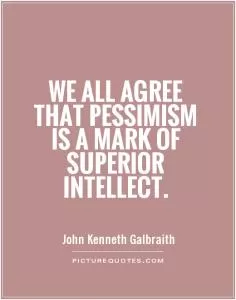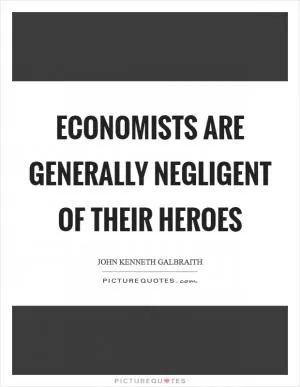There is certainly no absolute standard of beauty. That precisely is what makes its pursuit so interesting

There is certainly no absolute standard of beauty. That precisely is what makes its pursuit so interesting
John Kenneth Galbraith, a renowned economist and social commentator, once famously said, "There is certainly no absolute standard of beauty. That precisely is what makes its pursuit so interesting." This statement not only applies to the realm of aesthetics but can also be interpreted in a broader sense to encompass various aspects of life, including economics, politics, and social norms.In the context of beauty, Galbraith's words highlight the subjective nature of what is considered beautiful. Beauty is not a fixed concept but rather a fluid and ever-changing idea that is influenced by culture, society, and personal preferences. What one person finds beautiful, another may not, and this diversity in perspectives is what makes the pursuit of beauty so intriguing. It allows for a wide range of interpretations and expressions, challenging traditional notions of beauty and encouraging creativity and individuality.
Galbraith's statement can also be applied to the field of economics. Just as there is no absolute standard of beauty, there is no one-size-fits-all approach to economic policy. Different countries, regions, and communities have unique needs and priorities, and what may work in one context may not necessarily work in another. The pursuit of economic prosperity is therefore a dynamic and complex process that requires flexibility, adaptability, and a willingness to explore new ideas and solutions.
Furthermore, Galbraith's words can be seen as a critique of the idea of a one-size-fits-all approach to social norms and values. Just as beauty is subjective, so too are concepts of morality, ethics, and social justice. What one society deems acceptable or desirable may be viewed differently by another, and this diversity of perspectives is what makes the pursuit of social progress so challenging yet rewarding.












 Friendship Quotes
Friendship Quotes Love Quotes
Love Quotes Life Quotes
Life Quotes Funny Quotes
Funny Quotes Motivational Quotes
Motivational Quotes Inspirational Quotes
Inspirational Quotes